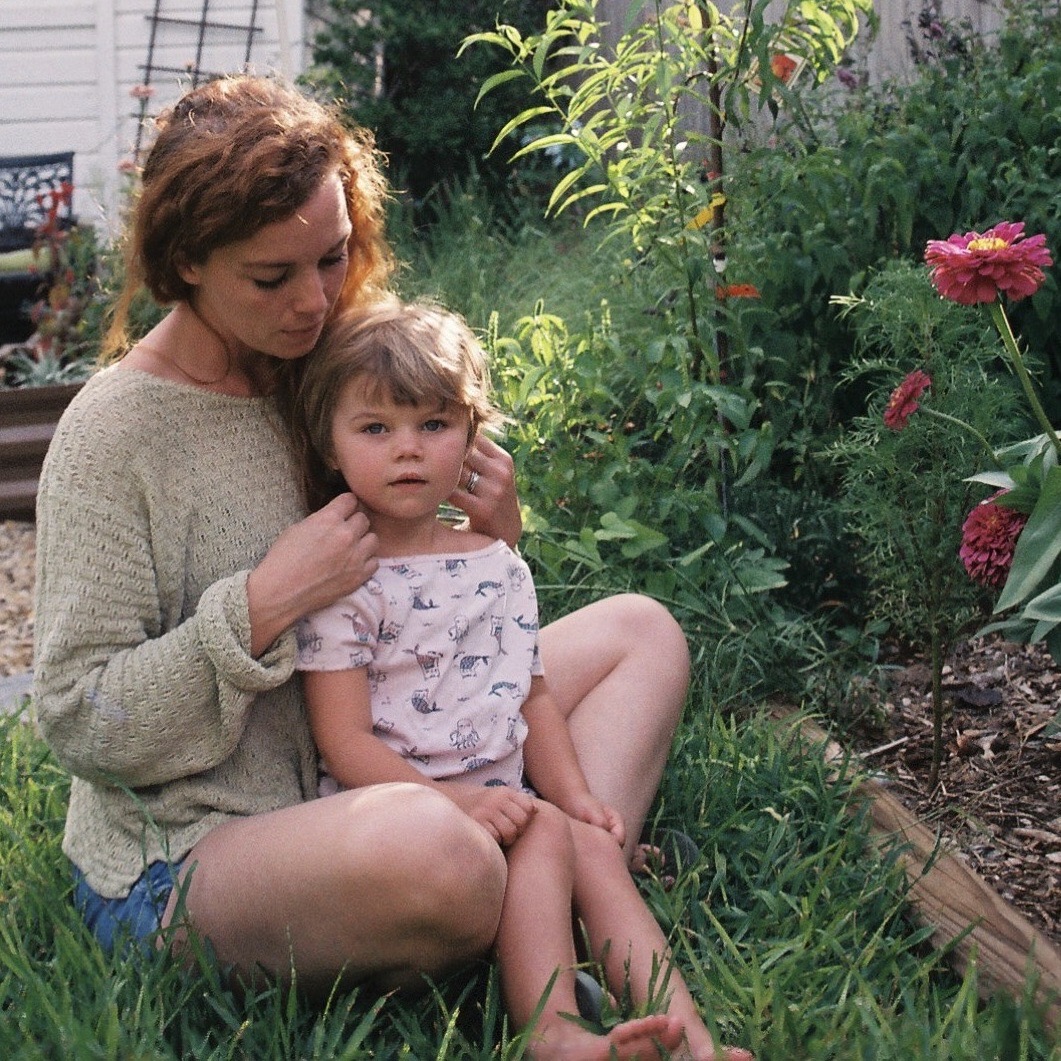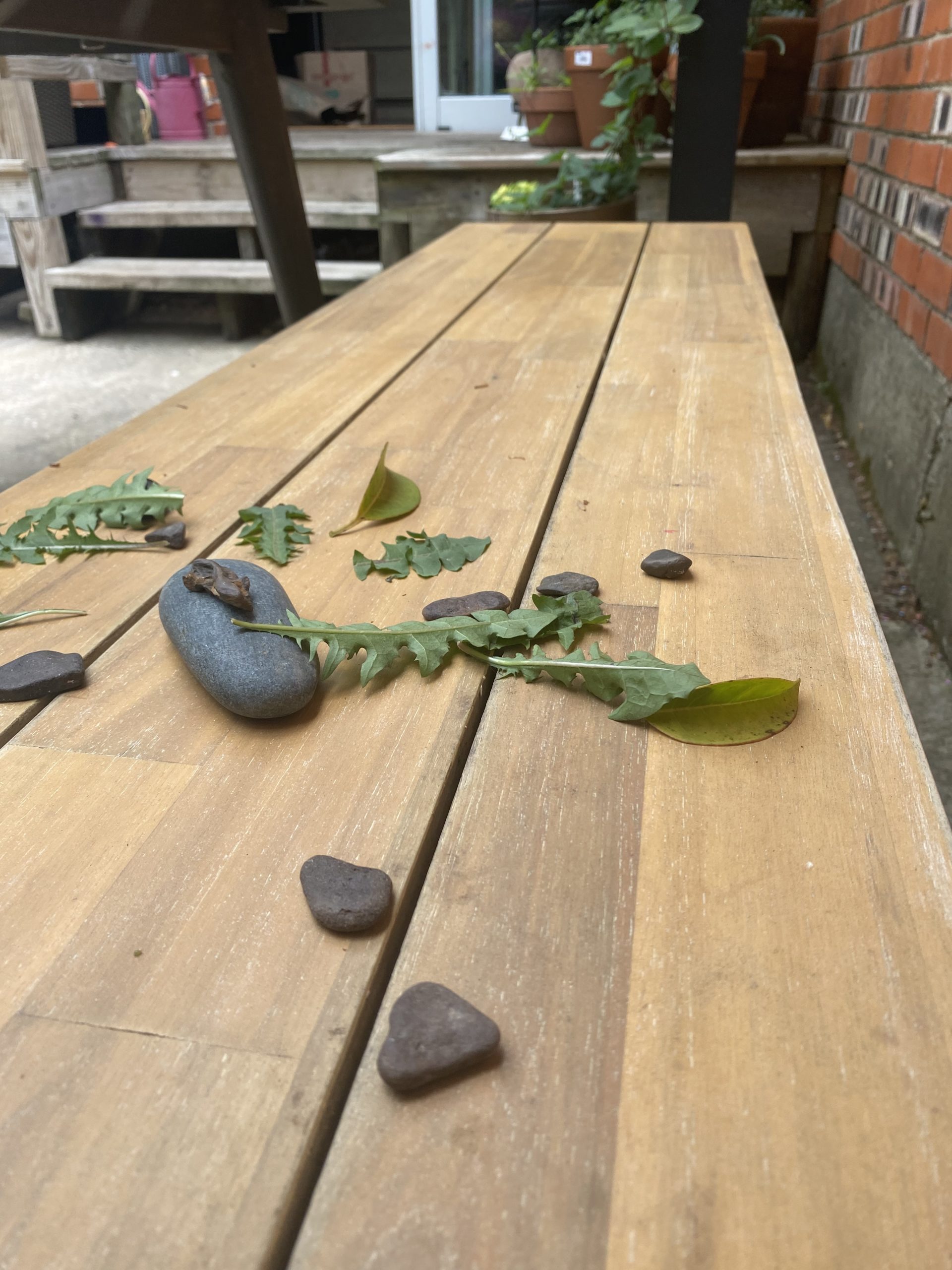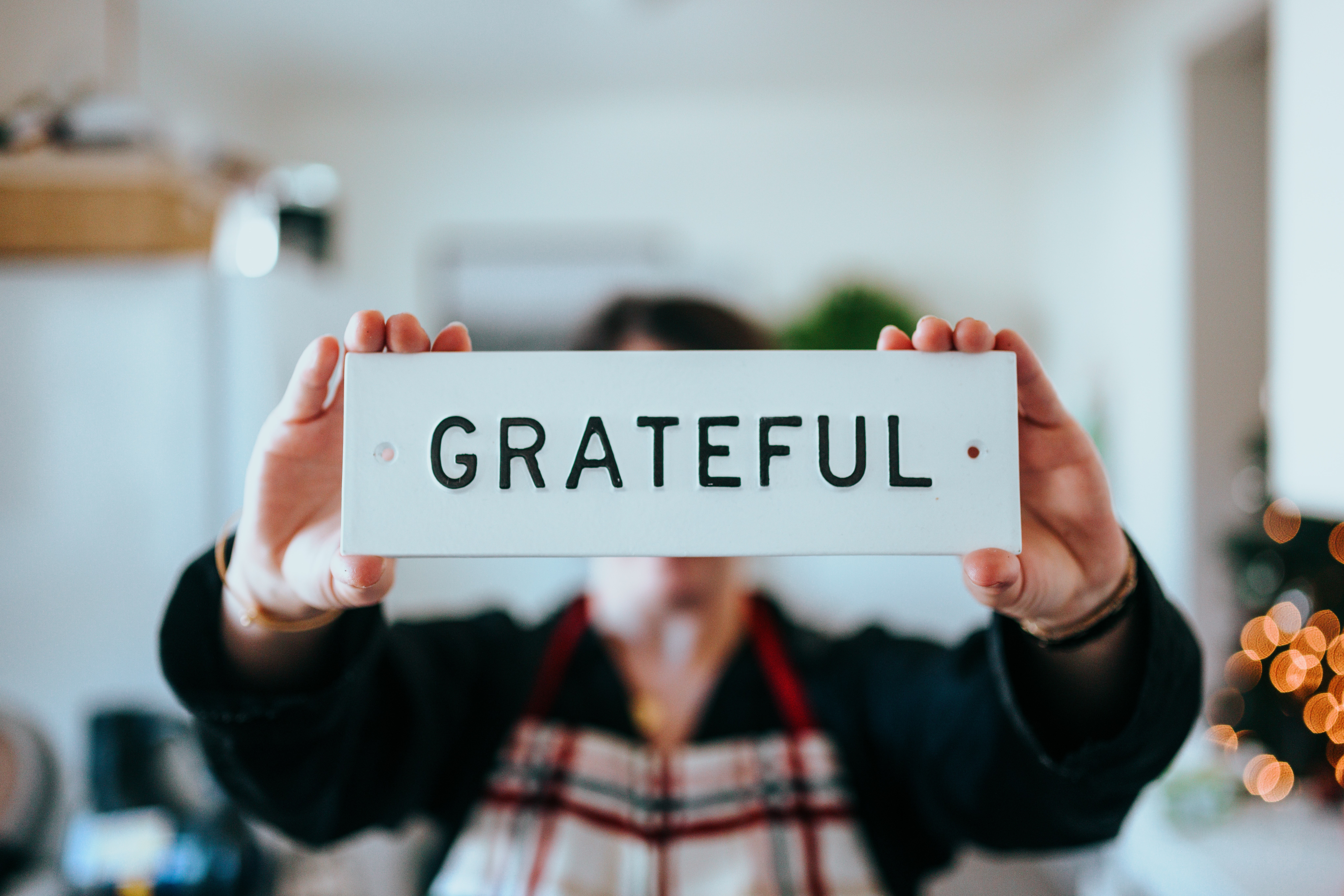Feeling lost
So many of my clients have a common concern coming to therapy:
I don’t feel satisfied in life.
I just feel lost
I feel like I’m going through the motions throughout the day and then just wake up and do it all again.
These are all a signal to me of someone who hasn’t defined their values. We can easily live reacting to the things that life throws at us. Or just doing what others expect of us, or doing what is easiest. We get used to a low level of satisfaction and distract ourselves from the emptiness. I think many people are asleep to those things that make them come alive. Those things that make us come alive are our values.
Your values are the qualities that are most important to you. They can guide each of your choices in life. For example, one of our values in our family is learning and beauty. This means, we prioritize time to go to the museum when we go on family trips and we’ve collected art from local artists. We set aside time to do projects and listen to podcasts together on subjects we’re interested in.

Understanding your values will help you recognize areas of your life that need more attention, and what to prioritize in the future. You may notice some frustration around some values that haven’t been prioritized. Take a moment to look through the values listed below:
- INTIMATE RELATIONSHIPS
- SUCCESS
- HUMOR
- HONESTY & INTEGRITY
- FUN & ENJOYMENT
- FRIENDS & SOCIAL LIFE
- FINANCIAL FREEDOM
- TRUSTWORTHINESS
- EDUCATION & LEARNING
- CREATIVITY
- COMMUNITY LIFE & CITIZENSHIP
- CHANGE & VARIATION
- BEAUTY & AESTHETICS
- AUTHENTICITY
- OPENNESS
- RECREATION & LEISURE
- WISDOM
- STABILITY
- CHALLENGE
- COMPASSION
- BOLDNESS
- BEAUTY
- BALANCE
- AUTONOMY
- AUTHORITY
- ADVENTURE
- ACHIEVEMENT
- FRIENDSHIPS
- HAPPINESS
- FAITH
- FAIRNESS
- DETERMINATION
- CURIOSITY
- FUN
- CONTRIBUTION
- WORK & CAREER
- SPIRITUALITY
- MEANINGFUL WORK
- LOYALTY
- LOVE
- LEARNING
- LEADERSHIP
- KNOWLEDGE
- KINDNESS
- JUSTICE
- INNER HARMONY
- INFLUENCE
- GROWTH
- POWER & AUTHORITY
- PHYSICAL SELF-CARE & HEALTH
- SERVICE
- SECURITY
- RESPONSIBILITY
- RESPECT
- RELIGION
- POISE
- PEACE
Understanding your values will help you recognize areas of your life that need more attention, and what to prioritize in the future. You may notice some frustration around some values that haven’t been prioritized.
- Take a moment to look through the values listed on the next page.
- Write down your top 5. If you are doing this activity with your spouse or partner: Each of you write down separately your values and then discuss what you think your shared values are for your family.
- Discuss or write next to each one how you have already seen these play out in your life and/or your family life.
- Discuss or write out the areas you want to prioritize.
- Commit to action: Write down one thing you could add or remove from your routine that would help prioritize this value.
To learn more about Values read The Happiness Trap by Russ Harris
























